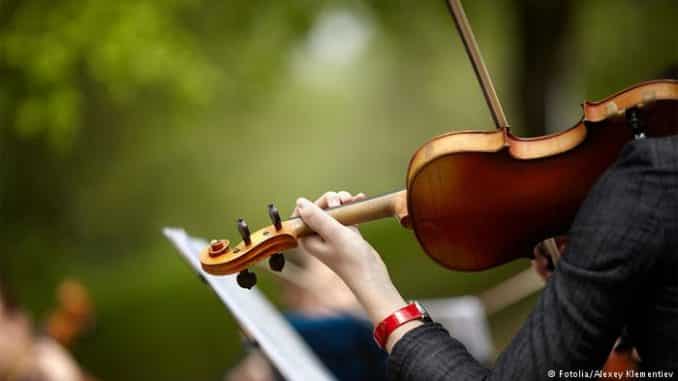
If there is anything that German politicians tend to agree on during election season, it is their belief in the power of music and literature.
It is a consensus that crosses party lines in the Bundestag, ensuring that subsidies for the arts flow. Before the summer break, the ruling coalition made up of the Christian Democratic Union (CDU) and Social Democratic Party (SPD) decided to increase federal cultural funding by a hefty 23 percent in 2018, totaling 1.67 billion euros ($1.98 billion).
A glance at the sheer statistics in the land of poets and thinkers, musicians and artists in 2017 is mind-boggling. The country counts 2,117 publishers and 3,803 bookstores, 42 UNESCO World Heritage Sites, and 1,654 cinemas with 4,739 screens. There are also 142 public theater companies with around 40,000 employees in 825 venues, 12,000 public libraries, 931 music schools with 1.4 million students, 29 art academies, 9,804 galleries and art dealers, and 6,372 museums. The list is neverending.
Germany is very proud of its cultural landscape. Many even consider it the best in the world. Are they right?
1. The Big Screen
On average, Germans go to the cinema just 1.5 times per year. During its heydey in the 1950s, the silver screen attracted over 800 million visitors per year. Today, it’s just 121 million.
2. Berlin is a creative hot spot
For every 1,000 residents in Berlin, there are 11 artists. The German capital has the highest ratio of artists in the country and, with 370, the most exhibitions per year. Berlin also boasts more culture-related businesses than any other German city: 18.3 percent of all companies registered there work in the cultural arena.
3. No shortage of orchestras
With 131 public orchestras employing 10,000 musicians, Germany has the densest musical landscape in the world. The country’s orchestras range from a 12-member chamber ensemble in Prenzlau to the 185-member Gewandhausorchester Leipzig. Germany’s oldest orchestra, in Kassel, has performed since 1503.